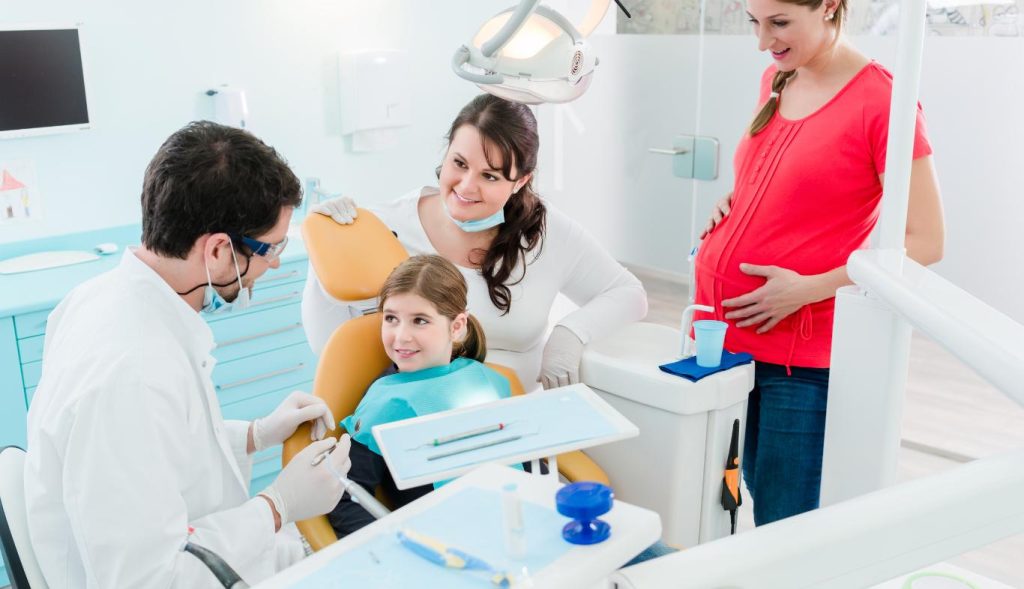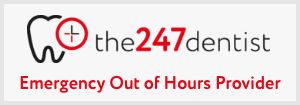9 Dental Health Tips to Help Protect Your Teeth During Pregnancy
Pregnancy brings about hormonal changes that can impact dental health. Increased levels of hormones like progesterone and estrogen may elevate the risk of oral health issues. Changes in eating habits and the occurrence of conditions like pica can affect dental well-being. At Calm and Gentle Dental Care, we recommend regular dental checkups during pregnancy, we'll be sure to address any issues issues like cavities, gingivitis, and periodontal disease promptly. Remember, your baby's teeth start developing between 3 and 6 months of pregnancy, making proper dental care crucial for both you and your baby's well-being.

Below are a few things to be mindful of during your pregnancy:
- Hormonal Impact: Pregnancy triggers hormonal changes, such as increased progesterone and estrogen, elevating the risk of oral health problems.
- Dietary Changes: Altered eating habits and conditions like pica, where individuals crave non-food items, can impact oral health negatively.
- Regular Checkups: Schedule regular dental checkups to address issues like cavities, gingivitis, and periodontal disease.
- Safe Treatments: Some dental treatments are safe during pregnancy, but it's crucial to inform your dentist about your pregnancy to ensure the right precautions are taken.
- Good Oral Hygiene: Practice good oral hygiene, including regular brushing and flossing, to prevent cavities and gingivitis.
- Healthy Diet: Maintain a healthy diet rich in essential nutrients like calcium, protein, phosphorus, and vitamins A, C, and D, crucial for your baby's developing teeth.
- Avoid Smoking: Smoking during pregnancy can adversely affect oral health; we encourage expecting individuals to quit smoking.
- Professional Guidance: Seek professional help if needed, and don't hesitate to contact us for any concerns during your pregnancy.
- Regular Appointments: Visit the dentist every six months for routine checkups to ensure optimal oral health for both you and your baby.
Conclusion
Remember, your baby's teeth start developing between 3 and 6 months of pregnancy, underscoring the importance of proper dental care during this special time. Schedule an appointment to ensure a healthy smile for both you and your baby.





